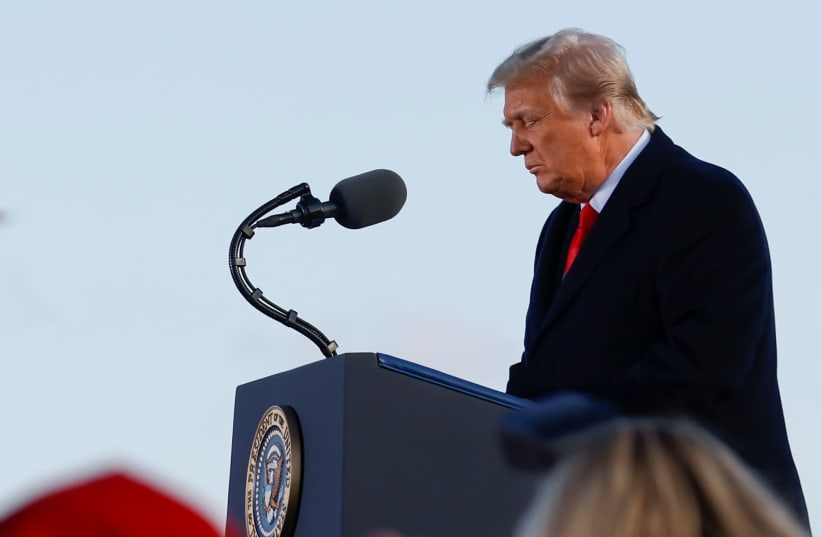Former US President Donald Trump announced a class-action lawsuit against Facebook, Twitter, and Google on Wednesday, according to the AP. According to a source familiar with the details, who wished to remain anonymous ahead of the announcement, Trump's complaint is that he was wrongfully censored by the sites, according to the report. Trump was banned from Twitter and Facebook following the insurrection in the Capitol building on January 6. AP reported that the companies cited the fact that he would incite further violence. Trump is currently still unable to post on either platform.Trump will file three separate lawsauits. One against Facebook and CEO Mark Zuckerberg, one against Twitter and CEO Jack Dorsey, and one against Google and CEO Sundar Pichai.Trump has continued to insist that the election was stolen even though many officials, including some that he hired himself, say that there is no evidence to sustain such a claim."We will achieve a historic victory for American freedom and at the same time, freedom of speech," Trump said at a news conference at his golf course in Bedminster, New Jersey, according to Reuters.Reuters reports that the lawsuits ask a judge to invalidate Section 230 of the Communications Decency Act, a law that has been called the backbone of the internet because it provides websites with protections from liability over content posted by users. Trump and others who have attacked Section 230 say it has given big internet companies too much legal protection and allowed them to escape responsibility for their actions."This complaint is hard to even make sense of," said Paul Gowder, a professor of law at Northwestern University.
Trump sought to portray the social media companies as subject to the same First Amendment requirements as government entities when it comes to censorship, but Gowder said nothing in the lawsuits "even comes close to turning social media companies into government actors," Reuters reports
